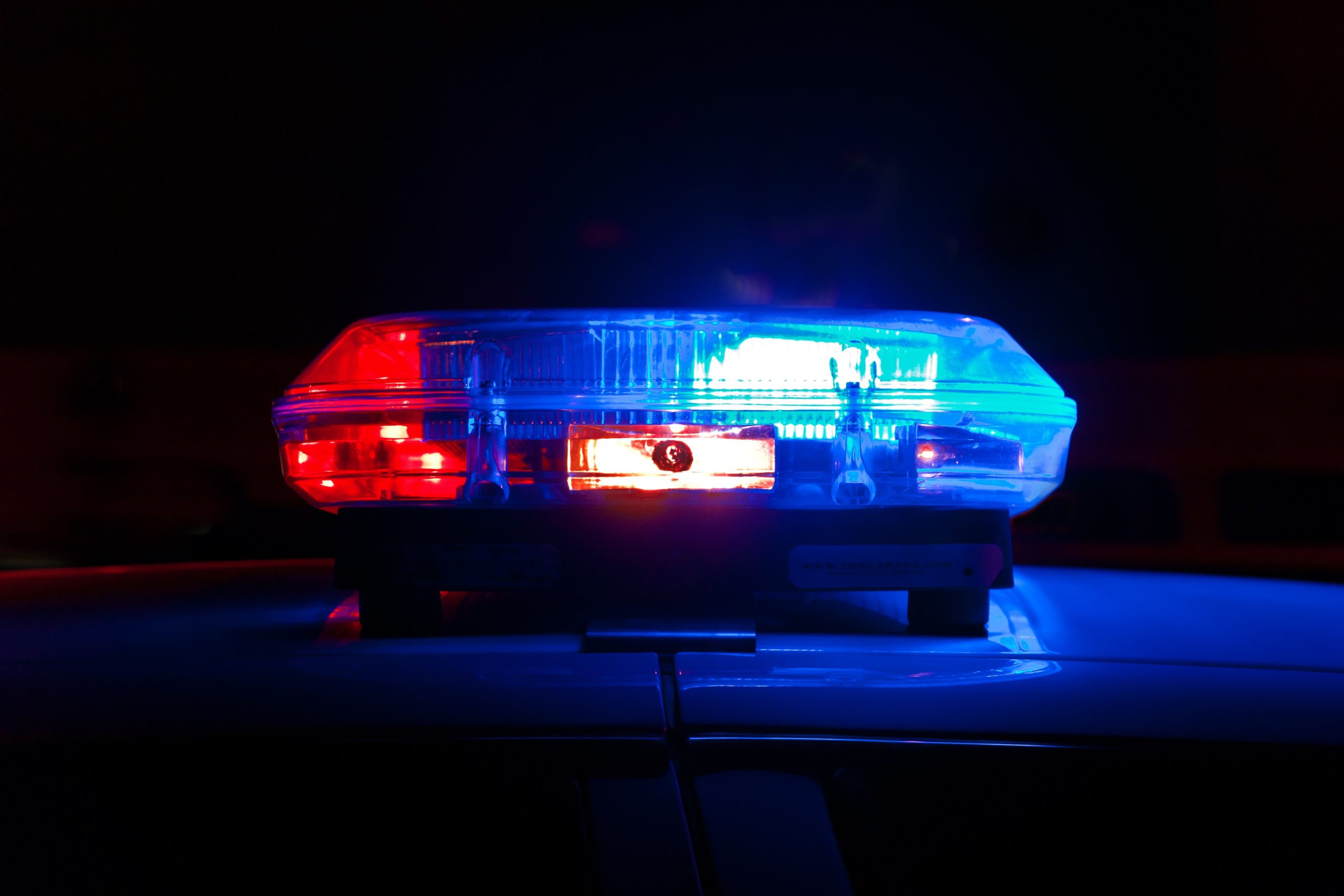Over 60 percent of people arrested for non-drug crimes test positive for at least one drug. That doesn’t necessarily mean that drug use causes criminal behavior, but there’s no question that many people behave differently under the influence. Or that many people with substance use disorder resort to stealing, forging prescriptions, or other illegal actions to obtain money for more drugs (drug money is the motive for over 15 percent of property crimes). Today, we’d like to discuss major drug crime statistics in the United States.
About Drug Crime
Many drug crime arrests involve someone who did nothing more criminal than carrying small amounts of a banned substance: over a million people are arrested in the U.S. each year for drug law violations, and over 86 percent of these arrests are for “possession of a controlled substance.” Many organizations advocate for the decriminalization of this particular offense, arguing exaggeration of its dangers, disproportionate prosecution of minorities, and—especially now that marijuana is legal in some states and not others—the unfairness of attaching “criminal” labels to what was obtained legally elsewhere, perhaps even through medical prescription.
There is, however, another issue to consider: many people commit possession offenses because they have substance use disorder. And, after being arrested, two major problems instead of one. Nearly two-thirds of people jailed in the U.S. (for any offense) also suffer from addiction.
Drug Courts
Thankfully, most jurisdictions now recognize that addiction is an illness, better treated than punished. Anyone who is arrested for drug possession, and suspects that he or she also has an addiction, should ask a lawyer to request medical evaluation plus referral to a “drug court”—a program designed to consider the addiction problem and set guidelines for treatment-based alternatives to criminal prosecution. Specifics vary, but most drug courts fit one of the following categories:
- Pre-plea: court-supervised treatment in exchange for a full stay of prosecution
- Post-plea: a guilty plea followed by court-supervised treatment, after which all criminal charges are dropped
- Post-adjudication: court-supervised treatment after conviction, during which time additional sentences are suspended.
In every case, there will be conditions for completing treatment successfully, and violating those conditions will mean resumption of the criminal-law process.
Drug Crime and New Beginnings
Although it may feel like the end of the world to be arrested on drug crime charges, if you have a chemical dependency, it may be the best thing that can happen. An addiction denied is an addiction untreated, and an untreated addiction will likely get worse until it leads to financial and personal ruin, or death from overdose or illness. Being charged with a crime makes it impossible to ignore the problem any longer, and may well prove the factor that finally leads to treatment and recovery.
If you’re facing a day in drug court:
- Follow your lawyer’s advice.
- Respect the authorities and experts. Don’t demand anything of anybody, and don’t try to argue that the laws are unfair or there’s nothing wrong with you.
- Understand the terms of your court-mandated treatment (which may include regular drug tests, a minimum number of weekly therapy appointments, and restrictions on driving or other privileges), and follow the rules. Any deviation could result in a return to court and perhaps a jail sentence.
- Don’t expect treatment to be completed quickly or with initial detox. Effective recovery from drug addiction requires weeks or months of counseling, major life changes, and taking steps to prevent relapse.
- Get a thorough physical checkup and a psychiatric evaluation, if they aren’t already required as part of your treatment. The drug use may have done undetected physical damage, and many people with substance use disorder also have other mental health disorders to address.
- Get your family involved if at all possible. They likely will require help understanding your addiction problem and what you need.
- Remember that, even after treatment is completed and your record clean, addiction recovery is a lifelong journey. You can’t go back to the old “business as usual,” but you can go forward into a better and more effective life. Practice expecting good things to happen.
A Place for Understanding and Healing
For men troubled by the pain and shame of drug addiction—with or without an arrest record—PACE Recovery offers a safe, nonjudgmental setting in which to recover and prepare for a better future.
We specialize in dual diagnosis treatment for those who have substance use disorder combined with other mental disorders such as depression.
PACE stands for “Positive Attitude Changes Everything,” which we emphasize in our commitment to treating the whole person and focusing on his future. Contact us today to begin your recovery.



